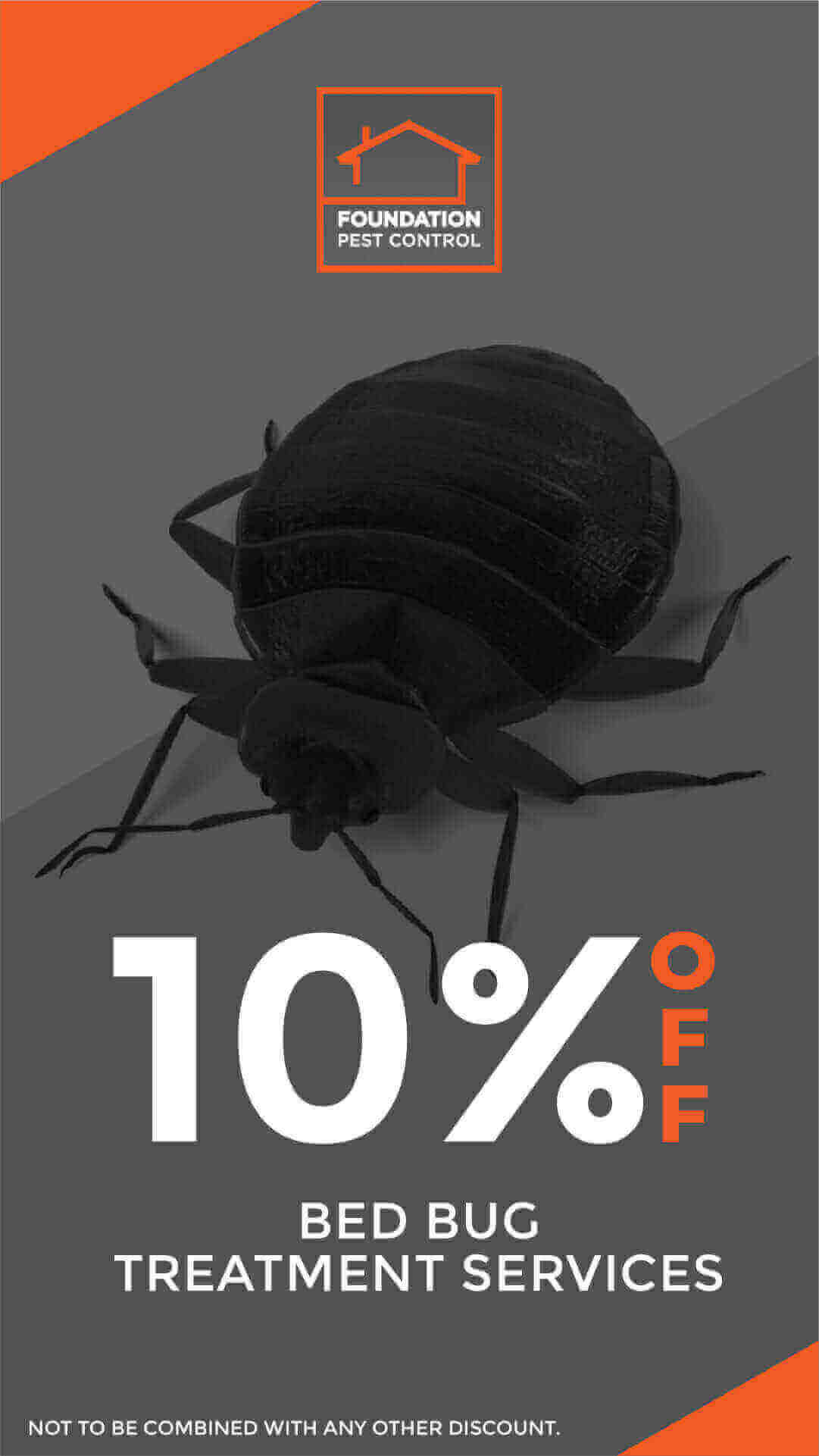
Foundation Pest Control offers expert pest management solutions for homes and businesses in Memphis and surrounding areas. Serving our community with eco-friendly treatments, we ensure a pest-free environment using advanced technology and personalized service. Trust us for efficient, reliable pest control in Memphis, Arlington, Lakeland, Germantown, and Collierville.
Mosquitoes are more than a pest — they’re also a potentially dangerous disease carrier, responsible for more than one million global deaths each year. And people aren’t the only ones susceptible to mosquito-borne illness — diseases like West Nile virus (WNV), dog heartworm and Eastern equine encephalitis (EEE) can also affect horses, dogs and other animal species.
While mosquito-to-human (or animal) transmissions aren’t common, in many parts of the world and, even, the U.S., they’re a day-to-day reality. By understanding the diseases, when and where they strike and how to spot symptoms, you’ll be able to keep yourself and your family health — and outdoors .
1. Zika Virus
There have been 426 reported travel-related cases of Zika virus, a disease that originated in central Africa, since April 2016. The disease has yet to be locally transmitted within the continental U.S., but 596 cases have been reported and locally acquired in the U.S. Caribbean territories, including Puerto Rico and the U.S. Virgin Islands.
Zika is usually transmitted by Aedes aegypti or Aedes albopictus mosquitoes. While most infections are mild and characterized by conjunctivitis, a fever, rash and joint pain, the disease has also been known to cause more serious conditions, such as microcephaly in developing fetuses and Guillain-Barré syndrome.
Ultra-Low Volume spraying, a technique commonly used to apply pesticides, is ineffective against Aedes aegypti and only limitedly effective against Aedes albopictus in urban locations. The best way to control both species to remove containers and other objects that collect stagnant water and cleaning them thoroughly to remove eggs. People can also protect themselves by using EPA-approved insect repellents and wearing pants and long-sleeved shirts.
2. Dog Heartworm (Dirofilaria immitis)
Some mosquitoes in the U.S. carry a type of roundworm that can spread to dogs, cats and wildlife when bitten. Dirofilaria immitis, commonly referred to as dog heartworm, is life-threatening for canines, but can’t live in humans for long periods of time.
Prevention is the best way to protect dogs, cats and other species against heartworm because once infected, the disease cannot be eliminated – only controlled and monitored. Heartworm prevention medicine is offered by most veterinarians.
3. Chikungunya
Chikungunya virus is a relatively new pathogen found to be transmitted by mosquitoes in the U.S. About 350,000 suspected cases have been reported in the Western Hemisphere since 2013, and two locally-transmitted cases have occurred in Florida. Since the disease is prevalent in the Caribbean, health experts are concerned that it will continue to spread in the southeastern U.S.
Chikungunya is carried by Aedes aegypti and Aedes albopictus mosquitoes. Ae. aegypti are more likely to transmit chikungunya in the US than Ae. albopictus, and both species are known to lay their eggs in tires, cans and other containers with stagnant water near human habitats. The best way to prevent an outbreak is to remove water-containing vessels and thoroughly
clean them to remove eggs.
4. West Nile Virus (WNV)
West Nile virus is a mosquito-borne disease that originated in Africa in 1937 and first appeared in the U.S. in 1999. Today, 65 mosquito species found in the US have tested positive for WNV. The disease, which usually affects people, horses and other mammals but can also spread to birds, is associated with flu-like symptoms, such as fever, headache, a rash, body aches and may result in meningitis.
Keep in mind that, in most cases, a mosquito bite is nothing to worry about. If bitten, you can expect a small, raised, itchy bump or hive to appear fairly quickly and stick around for a few days. In rare cases, a bite can also trigger a severe allergic reaction requiring immediate medical attention. Over-the-counter insect repellents are the simplest way to prevent bites. Or, if you’re in a particularly mosquito-heavy area, consider covering up with long sleeves and pants, especially after rainy periods.
By taking these precautions, you’ll protect yourself from all mosquito bites, both the “common” bites and more severe diseases transmission. If you think you’re showing symptoms of any of these illnesses or, even, an allergic reaction to a mosquito bite, seek medical attention right away. A blood test can often confirm or rule out mosquito-transmitted diseases. If present, the sooner you seek treatment, the better your prognosis.
Share this Post

